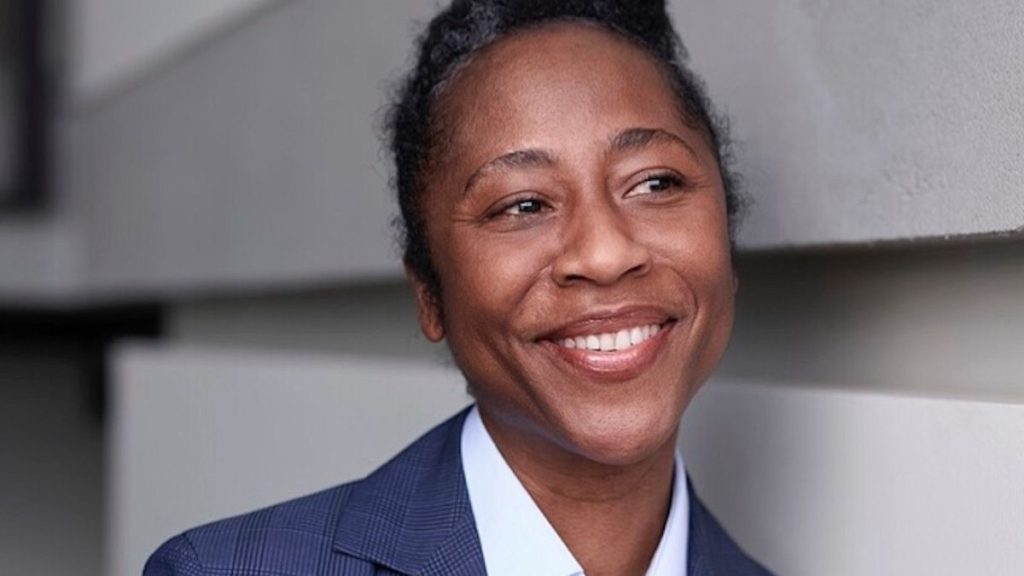Documenta 16, slated for 2027 in Kassel, Germany, will be helmed by Naomi Beckwith, the current chief curator of the Solomon R. Guggenheim Museum in New York. This appointment marks a watershed moment for the prestigious quinquennial exhibition, as Beckwith becomes the first Black woman to lead this internationally renowned art event, often compared in scale and significance to the Venice Biennale. Her extensive curatorial experience, encompassing roles at prominent institutions like the Museum of Contemporary Art Chicago, the Studio Museum in Harlem, and the Institute of Contemporary Art in Philadelphia, positions her uniquely to navigate the complexities and expectations associated with directing Documenta. Beckwith’s selection signifies not only a personal triumph but also a broader recognition of diverse perspectives within the art world, potentially ushering in a new era for the exhibition.
Beckwith’s appointment, announced by Andreas Hoffmann, managing director of Documenta and Museum Fridericianum, has been met with widespread anticipation. She herself describes the opportunity as “the honour of a lifetime,” acknowledging the global significance of Documenta while recognizing its deep connection to Kassel and its ongoing dialogue with history. Her statement underscores her understanding of the exhibition as a barometer of contemporary art and culture, reflecting her commitment to fostering a space for artistic exploration, experimentation, and critical engagement. Beckwith’s vision for Documenta 16 promises to be one of collaboration and open dialogue, emphasizing her belief in working closely with artists to ensure a shared understanding and avoid potential misunderstandings.
The upcoming Documenta 16 carries a particular weight given the controversies that plagued its predecessor, Documenta 15. The 2022 edition was marred by allegations of antisemitism stemming from a displayed artwork by the Indonesian collective Taring Padi. The piece, intended as a critique of Indonesia’s historical dictatorship, contained imagery deemed offensive and antisemitic, leading to its removal and sparking widespread criticism directed at the curatorial team, ruangrupa. The fallout from this incident included the resignation of then-managing director Sabine Schormann and the dissolution of the selection committee. The ensuing controversy underscored the complexities of navigating artistic freedom, cultural sensitivity, and historical context within the framework of a large-scale international exhibition.
The controversy surrounding Documenta 15 necessitated the formation of a new selection committee tasked with choosing the artistic director for the 2027 edition. This committee, cognizant of the need for a leader capable of navigating the sensitivities and complexities of the international art world, ultimately selected Beckwith. Her appointment signals a conscious effort to move forward from the previous controversy and to prioritize an inclusive and collaborative approach to curating the upcoming exhibition. Beckwith’s emphasis on open communication with artists, her deep understanding of contemporary art, and her commitment to fostering dialogue make her a well-suited choice to steer Documenta 16 towards a more positive and productive trajectory.
Beckwith’s curatorial philosophy, emphasizing collaboration and transparency, offers a clear departure from the approach taken by ruangrupa in Documenta 15. Her stated intention to work closely with artists throughout the curatorial process aims to prevent any potential misunderstandings or controversies similar to those that plagued the previous edition. By fostering open communication and building strong relationships with the artists involved, Beckwith seeks to create an environment of mutual respect and understanding, ensuring that the artistic vision of Documenta 16 is developed collaboratively and with sensitivity to diverse perspectives. This approach reflects a broader shift within the art world towards greater inclusivity and a more conscious approach to addressing complex social and political issues through artistic expression.
The selection of Naomi Beckwith as the artistic director of Documenta 16 represents a significant turning point for the exhibition. Her appointment signifies not only a personal milestone but also a broader recognition of the importance of diverse leadership within the art world. Beckwith’s curatorial vision, rooted in collaboration and transparency, promises to guide Documenta 16 towards a more inclusive and engaging experience for both artists and audiences. As the first Black woman to helm this prestigious event, Beckwith carries the weight of history and expectation, poised to shape the future of Documenta and contribute to a more vibrant and representative global art landscape. Her leadership offers a fresh perspective, informed by her extensive experience and her commitment to fostering dialogue and understanding, setting the stage for a compelling and thought-provoking Documenta 16.














